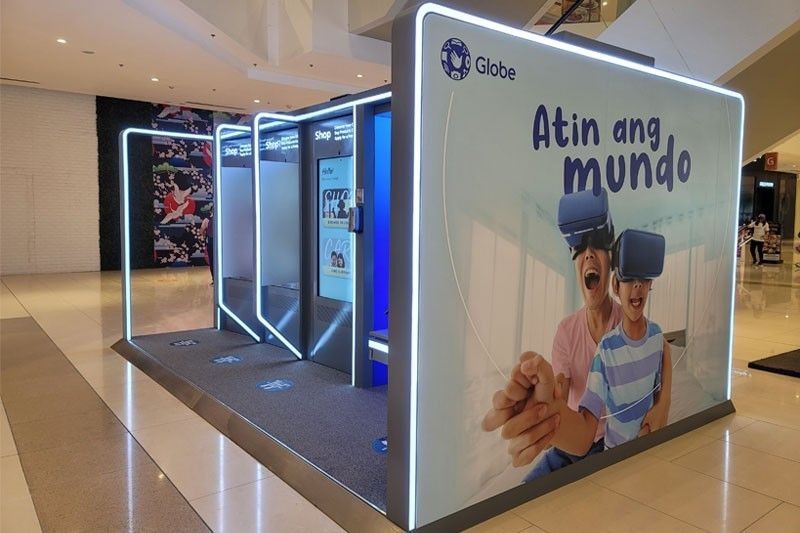Nokia tasked to replace Globe’s legacy assets

MANILA, Philippines — Wireless giant Globe Telecom Inc. is moving on from some of its legacy solutions by deploying a modern replacement developed by Nokia that integrates fixed and wireless access.
Mobile trailblazer Nokia yesterday said that its broadband network gateway (BNG) solution will be deployed by Globe across Luzon, Visayas and Mindanao.
Globe purchased the Nokia innovation to replace some of its legacy assets as part of initiatives to prepare its network infrastructure for the future.
Once the BNG is put in place, the solution will support the connectivity demands of postpaid and prepaid customers of Globe. The telco expects the Nokia solution to decrease the cost of service delivery and hasten the deployment of fixed wireless access (FWA) modems.
Globe senior vice president for network planning and engineering Joel Agustin said the telco has bought into the BNG technology to enhance the broadband experience of its customers. Globe is of the view that the future of broadband is the integration of fixed and FWA connections.
“Nokia’s new BNG solution introduces capability to evolve into a flexible multi-access gateway that can combine wireline and wireless access technologies, enabling us to increase efficiencies,” Agustin said.
Earlier, telco leader PLDT Inc. has announced a similar innovation wherein it will integrate fixed and wireless access in a service, providing subscribers with network redundancy.
PLDT chairman, president and CEO Manuel V.
Pangilinan said the tech will allow customers to automatically shift to wireless in the event that fiber lines are down.
Meanwhile, Globe committed to sustain its 5G deployment across the Philippines to improve 5G adoption among Filipinos. The telco installed 27 new 5G sites in the first quarter, and has logged on more than six million devices to date.
Globe’s 5G coverage has reached 98.35 percent in Metro Manila and 92.86 percent in the cities of Visayas and Mindanao. 5G offers subscribers with better speeds and lower latency as compared to 4G, resulting in apps running smoother, websites loading faster, among others.
Similarly, PLDT is bringing in thousands of entry-level phones that are capable of connecting to 5G in line with efforts to raise the 5G usage in the country.
- Latest
- Trending





























